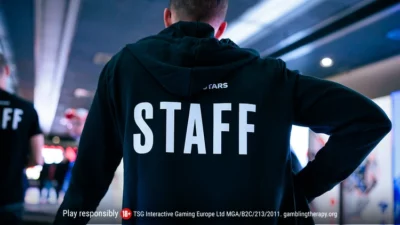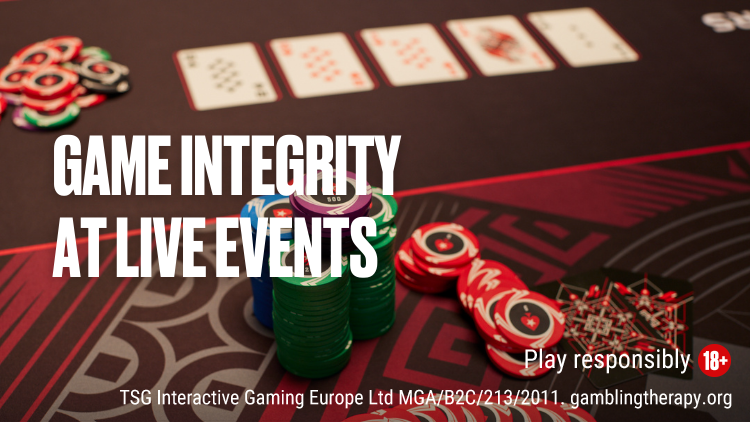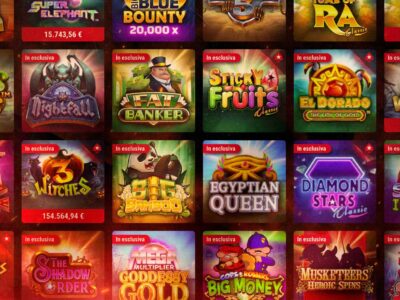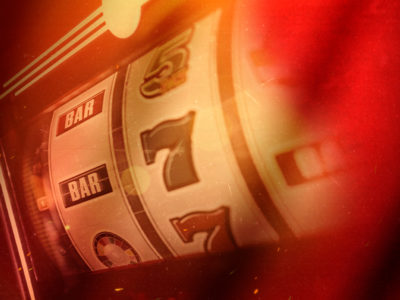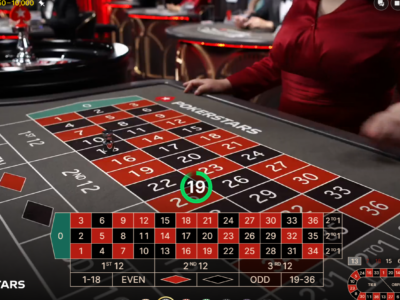Poker is a game that can be learned by anyone at any stage of life. However, a common backstory for the top poker players in the world is that they learned the game while at college or university.
Those are formative years, after all, when a young person leaves home to attend college. That’s where many discover lifelong career paths, establish their longest friendships, meet eventual spouses, and experience other life-changing moments.
The “college experience” also involves a lot of interaction outside of classrooms, and it is not uncommon at all to find that’s exactly where many poker pros first seriously played the game that became their life’s work and passion.
Here are a few examples of top poker players for whom those years at university turned out to be especially influential.
Tex Dolly at Hardin-Simmons University and other Texas schools
Some know that before becoming the best poker player in the world, Doyle Brunson was a top athlete in track and basketball. He had a stellar hoops career going at Hardin-Simmons University in Abilene, Texas during the 1950s, and after a strong junior year appears bound for the NBA.
However Brunson suffered a career-ending injury working a summer job at a sheetrock manufacturing company. He finished his degree, then got a master’s in administrative education at Hardin-Simmons as well.
“While getting my master’s, I started playing poker a little more seriously, because I had no money,” writes Brunson in The Godfather of Poker. In fact, he not only played games at HSU. “I had friends in many of the universities in the state — Texas A&M, the University of Texas, Texas Tech — where they always had weekend poker games in the dorms.”
Brunson goes on to describe how his “poker education,” so to speak, continued on from there, with the underground games on Exchange Avenue and his time “fading the white line” across the South constituting a kind of graduate-level poker university for him.
But it was back in college that Brunson not only earned himself a “financial aid package” through poker, as he says, but learned about other things while playing the game, too, that would shape his destiny.
“I was using the game as a tool to prepare for a different life.”
The Poker Brat at the University of Wisconsin
Phil Hellmuth has frequently told the story of going to the University of Wisconsin and playing in poker games at the Memorial Union. It was there during the early 1980s he was first introduced to the game for which he would become known as a top player in the world just a few years later — no-limit Texas hold’em.
As Hellmuth talks about in his autobiography, Poker Brat, they actually called the game No-Limit Pineapple, but the game was in fact NLHE.
It was during the second semester of his junior year that Hellmuth started out losing in those Memorial Union cash games, then eventually began to learn the importance of strategy and patience and started to win. He would play in other games as well, and began hosting games in the house he was living, too.
“I enrolled once again in a few classes at UW,” Hellmuth explains. “But it was fair to say that I had now begun to work full time on my ‘poker degree.'”
By 1985 he had turned 21, and that winter he was forgoing his senior year and taking his first trip to Las Vegas. Four years later he became the youngest World Series of Poker Main Event champion ever (at the time).
Warwick University, one of many campuses that have produced online talent
By the 2000s, the rise of online poker began having a huge influence on the game no matter where it was played, including in colleges and universities.
Live poker games played in dorm rooms were replaced by players playing on their computers, and it didn’t hurt having those fast, reliable internet connections on campus.
There are numerous stories of groups of players emerging from such online-centric settings, each exemplifying a kind of small poker society where they were able to play poker and improve their games.
Just to highlight one example, Warwick University in Coventry, England has proven to be a kind of poker hotbed for poker players, with many online crushers having passed through its halls.
Rupert Elder, Zimnan Ziyard, James Keys, Thomas Partridge, Alex Millar, and Andrew Hulme are among those coming out of Warwick U. presently making final tables and accumulating tournament winnings.
Indeed, playing as “Statto1” on PokerStars, Hulme just collected himself a Spring Championship of Online Poker title in the recently completed series of poker tournaments.
College just one of many paths for poker players
Of course, for all the stories of poker pros pointing back to college as an important time for learning the game, there are others of players who learned the game elsewhere, in some cases having essentially chosen poker over going to a university.
Erik Seidel spent a year at Brooklyn College and another half-year at Hunter College, though during those years was still primarily a backgammon player. It wasn’t until later at the famed Mayfair Club that poker entered the picture.
Bryn Kenney who currently leads everyone with the most tournament earnings dropped out of college after only a few weeks in order to play full time. Daniel Negreanu learned the game growing up in Toronto and Phil Ivey famously used a fake ID to play as a teen in Atlantic City, both finding places other than college campuses to learn the game.
Johnny Chan was a student at the University of Houston studying hotel management when he dropped out and like many made his way to Las Vegas where he’d eventually become a WSOP champion.
All of which is to say, much as is true with most careers and life paths, college is not a prerequisite. But for many, it was while studying other subjects at a college or university that they also became a poker player.
Back to TopView Other Blogs





